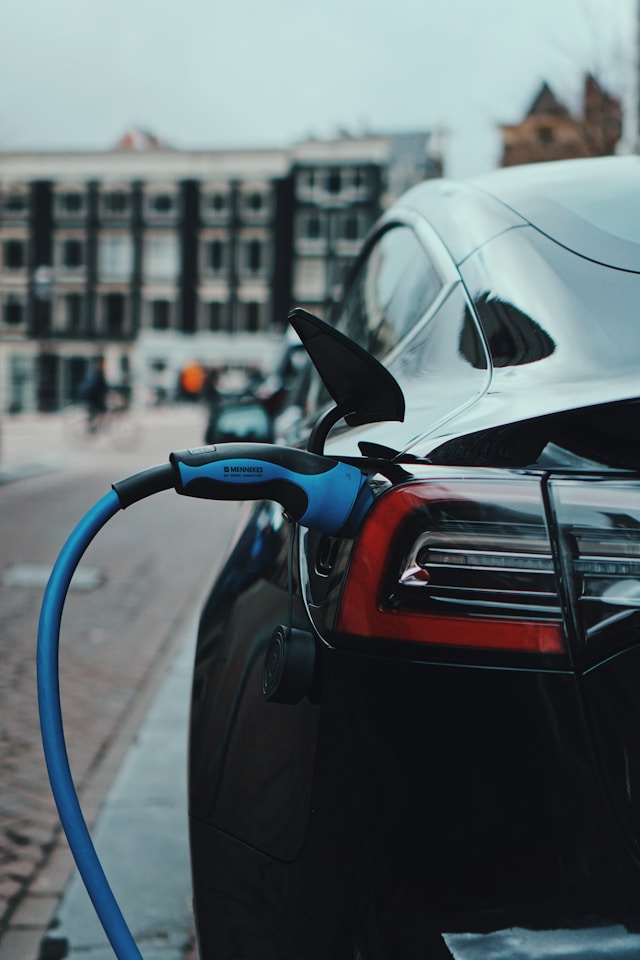
The Advent of Electric Vehicles
Driving into the Future: Tesla's Electric Revolution
In 2008, Tesla Motors released the Roadster, marking a pivotal moment in automotive history. As the first highway-legal serial production all-electric car to use lithium-ion battery cells and to travel more than 200 miles per charge, the Roadster challenged preconceptions about electric vehicles and set the stage for a transportation revolution.
The Birth of Tesla:
Founded in 2003 by Martin Eberhard and Marc Tarpenning, Tesla's mission was to prove that electric cars could be better than gasoline-powered cars. Elon Musk joined the company in 2004, leading the Series A round of investment and becoming Chairman of the Board. Musk later became CEO in 2008, the same year the Roadster was released.
Key Innovations:
- - Long-range Battery Technology: The Roadster's lithium-ion battery pack allowed for a range of 245 miles per charge, more than double what other electric cars of the time could achieve.
- - Over-the-air Software Updates: Tesla pioneered the concept of improving cars via software updates, similar to how smartphones are updated.
- - Autopilot Capabilities: Introduced in 2014, Tesla's advanced driver-assistance system pushed the boundaries of autonomous driving technology.
- - Direct-to-Consumer Sales Model: Tesla bypassed traditional dealerships, selling directly to consumers, a move that disrupted the traditional auto sales model.
Technical Specifications of the Roadster:
- - 0-60 mph in 3.7 seconds
- - Top speed of 125 mph
- - 53 kWh battery pack
- - 248 hp (185 kW) motor
Impact on the Automotive Industry:
Tesla's success challenged the notion that electric cars couldn't be powerful, luxurious, or desirable. It sparked a race among traditional automakers to develop their own electric vehicles, accelerating the shift away from fossil fuels in transportation.
The company's subsequent models - the Model S, Model X, Model 3, and Model Y - each pushed the boundaries of EV technology and design, forcing the entire industry to innovate faster.
Environmental Impact:
The rise of electric vehicles, spearheaded by Tesla, has played a crucial role in advancing sustainable energy technology. By making EVs desirable and proving their viability, Tesla has contributed to reducing carbon emissions from transportation, one of the largest sources of greenhouse gas emissions globally.
Challenges and Controversies:
Despite its successes, Tesla has faced numerous challenges, including production delays, questions about Autopilot safety, and scrutiny of Elon Musk's leadership style. However, these controversies have not significantly slowed the company's impact on the automotive industry.
The Future of Electric Vehicles:
Today, nearly every major automaker has electric vehicles in their lineup or in development. Governments worldwide are setting targets to phase out internal combustion engines, with some countries aiming for 100% electric vehicle sales by 2030 or 2035.
Tesla's breakthrough has rippled beyond the automotive industry, influencing advancements in battery technology, renewable energy storage, and sustainable transportation infrastructure.
As we face the urgent need to address climate change, the electric vehicle revolution sparked by Tesla stands as a crucial technological breakthrough, potentially altering the course of our planet's future.






(0) Comment